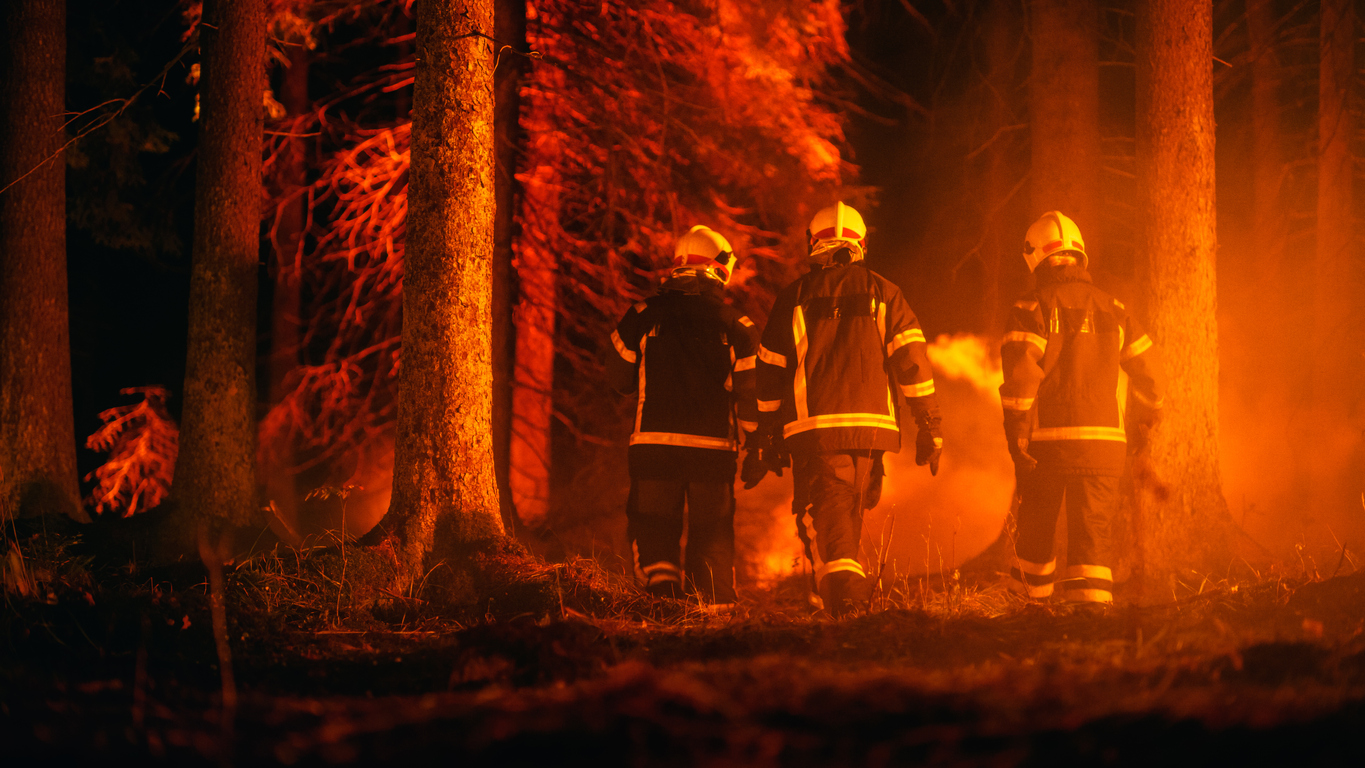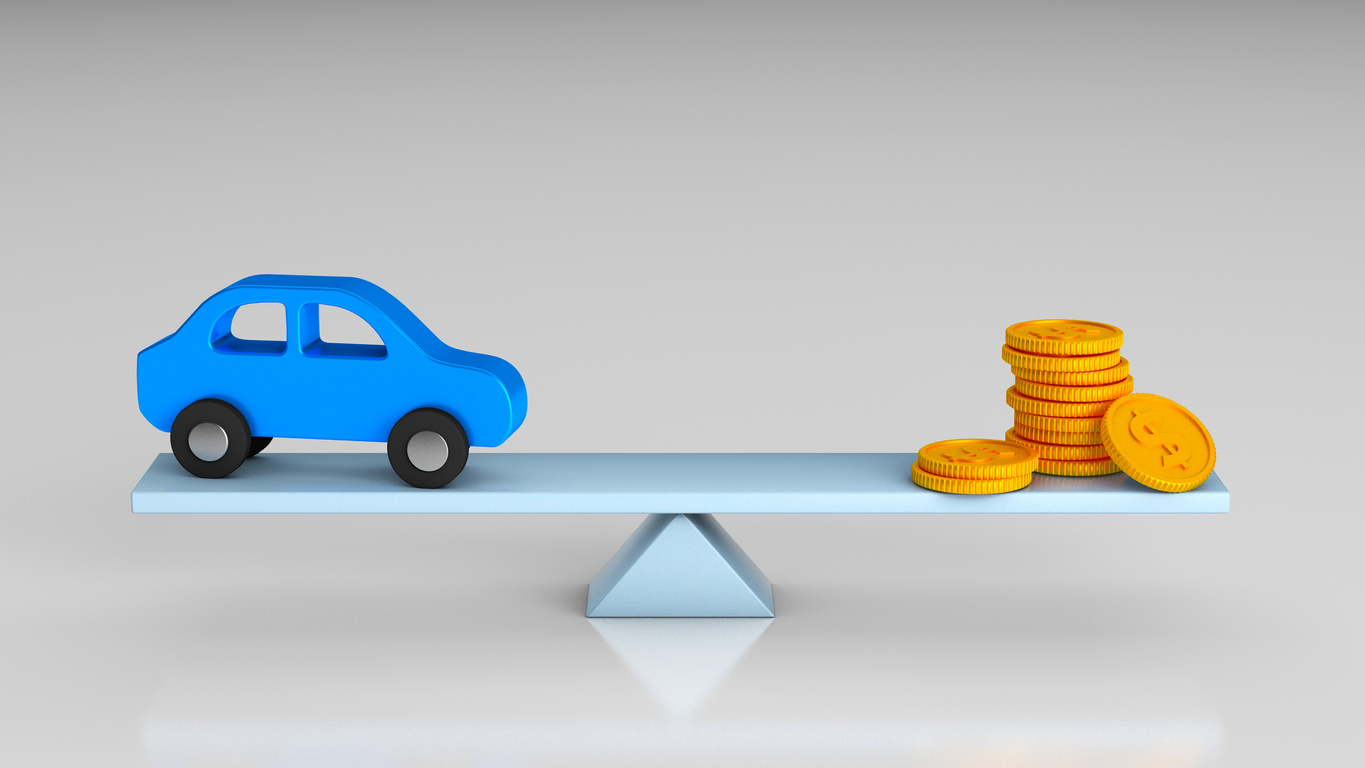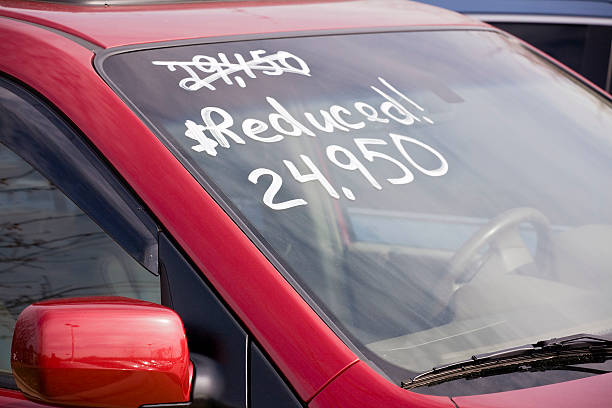Are you prepared for a wildfire?
It’s a story that we are seeing more and more on the news – wildfires that are started either by natural or human causes, claiming the vehicles, homes, and even lives of Canadians and people across the world. While we can only do so much personally to stop a wildfire from starting, we can make sure we are prepared in case of an emergency, and know what to do if the unthinkable happens.
- Wildfire season often occurs in the Springtime – so make sure home maintenance is always up-to-date including cleaning your roof and gutters, removing yard debris, installing proper smoke detectors and having fire extinguishers, and moving barbeques and firepits away from the home and any plants around.
- Create an emergency plan for your household. We always hear it – we rarely do it. Every member of your household should know what to do in the event of a wildfire. Make sure exit routes are known from each room of the house, and know where to meet or who to call if an evacuation order is put into place.
- Always have an emergency supply kit. At least 72 hours worth of water, non-perishable food, a battery-powered radio, phone chargers, flashlights, first-aid kits, prescription medication, pet food/supplies, and your family’s identification. You may also want to keep some cash on hand in case the power is out in a large area.
- Keep current photos of your home (inside and out), and a running inventory of valuable/important items. In the case of a wildfire, you may not have a lot of time to grab everything that’s important to you. Ensuring you have photos is helpful when filing a claim – you would be surprised how difficult it is to list everything you own.
Insurance during and after a wildfire.
Losing your home, car, or belongings is something no one can properly prepare for. However, keeping a few things in mind (or referring to this blog) can help you minimize losses and get yourself back to where you were before in the event of a claim.
- Before an emergency happens – make sure your home is properly insured at all times. Even with home insurance, you want to make sure all updates or changes to your home are reported to your insurance company to ensure your home’s value is properly covered. Call your insurance company or broker to ensure your home is insured to a value that makes sense, and you have coverages that make sense for your area and lifestyle. Coverages such as additional living expenses can really save you in an emergency such as a wildfire. It is too late when an emergency is already happening – many insurance companies will suspend adding or changing coverages in provinces with active wildfires, hurricanes, or other natural disasters.
- If your home or vehicles are affected – once you are in a safe area and able to assess any damage, call your insurance company to start a claim. Be sure to keep all receipts related to an emergency – including supplies, clean-up, hotels, pet boarding, etc. A claims adjuster from your insurance company will help you to navigate to claim. Be sure to ask your insurance company what living expenses you have covered, for what period of time, and any limits on the coverage.
Insurance Resources.
Insurance Bureau of Canada – Wildfire FAQ Blog – https://www.ibc.ca/news-insights/in-focus/five-questions-i-heard-most-often-during-nova-scotia-s-wildfires
Insurance Bureau of Canada – Wildfire Resources – http://www.ibc.ca/ns/disaster/wildfires/
Better Business Bureau – Home & Business Wildfire Resources – https://www.bbb.org/all/natural-disasters/wildfire-resources
Traveler’s Canada – Wildfire Preparation – https://www.travelerscanada.ca/prepare-prevent/weather/how-to-prepare-for-a-wildfire
How to Report a Claim & Claims FAQs –https://cheepinsurance.ca/claims/







 Most policies insured with Cheep Insurance are Agency Bill/IFS financed policies. You can determine who manages your payments by following the directions below. If you are still not sure who manages your payments, call our team as funds paid directly to the insurance company when they should go to IFS will cause large delays.
Most policies insured with Cheep Insurance are Agency Bill/IFS financed policies. You can determine who manages your payments by following the directions below. If you are still not sure who manages your payments, call our team as funds paid directly to the insurance company when they should go to IFS will cause large delays.